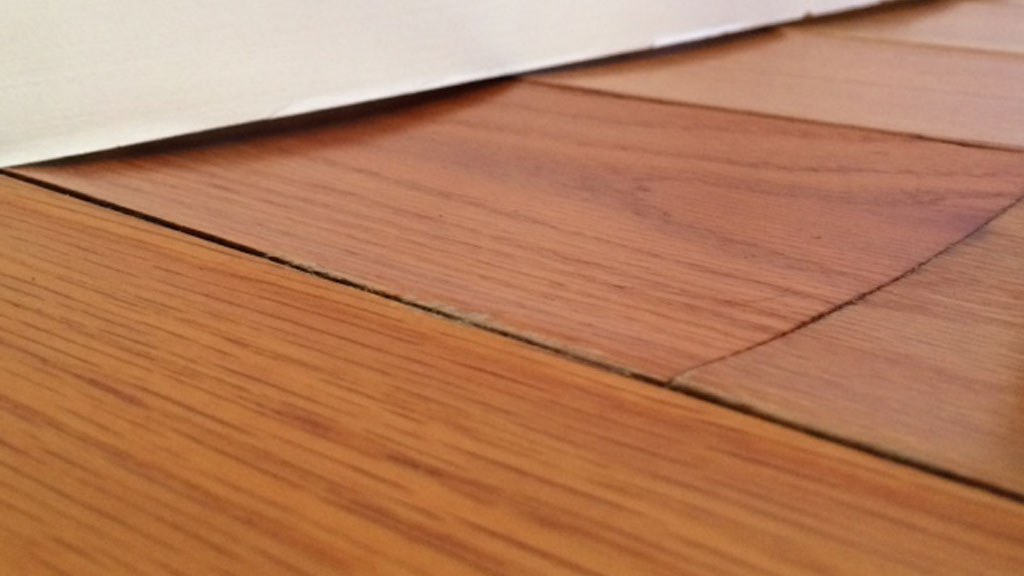Wood floors add timeless elegance to any home but can be sensitive to environmental changes. At Top Notch Flooring, we understand the challenges of maintaining beautiful wood floors and offer solutions for dealing with issues like warping. Here's a comprehensive guide to help you understand, prevent, and address warped wood floors.
Here's a comprehensive guide to help you understand, prevent, and address warped wood floors.

Excess moisture is the primary culprit behind warped wood floors. It can come from various sources, such as leaks, spills, high humidity, or improper cleaning methods. Wood absorbs this moisture, causing it to expand and lose its shape.
Incorrect installation techniques can also lead to warping. If floorboards are installed without allowing for natural expansion and contraction, they can buckle or peak when exposed to changes in temperature and humidity.
Wood naturally expands and contracts with temperature and humidity fluctuations. Extreme weather conditions, like hot and humid summers, can exacerbate this issue, causing the wood to warp.
Wood naturally expands and contracts with temperature and humidity fluctuations. Extreme weather conditions, like hot and humid summers, can exacerbate this issue, causing the wood to warp.
Cupping occurs when the edges of the floorboards are higher than the center, forming a concave shape. Cupping typically happens when moisture seeps from beneath the floorboards.
Peaking is when floorboards form ridges or waves. Peaking is often due to improper installation or insufficient space left for the wood to expand and contract.
Use dehumidifiers and ensure proper ventilation to maintain indoor humidity levels between 30% and 50%. Controlling humidity helps prevent excess moisture from affecting the wood.
Ensure professional installation with adequate spacing for expansion and contraction to prevent peaking and buckling.
Clean up spills immediately and regularly check for leaks from appliances and plumbing. Quick action can prevent water from seeping into the wood.
Applying a polyurethane finish to your wood floors adds an extra layer of protection against moisture, minimizing the risk of warping.
Stop any ongoing water damage by fixing leaks and controlling humidity levels to prevent further issues.
For minor warping, place a dehumidifier over the affected area and cover it with a tarp to concentrate the drying process. This method can help the wood settle back into place over time.
For severe warping, it's best to call in professionals. Top Notch Flooring can assess the damage and recommend the best course of action, whether sanding, refinishing, or replacing the affected floorboards.
Sanding the warped areas and applying a new finish can restore the floor's appearance. This approach is practical for cupping but may not work for buckling.
Severely damaged floorboards may need replacing. Our team can match your existing flooring to ensure a seamless repair.
At Top Notch Flooring, we strive to help you maintain the beauty and integrity of your wood floors.
Contact Us Today:
Phone: 443-356-6333
Website: Top Notch Flooring
Whether you're dealing with minor warping or significant damage, our experts are here to provide the best solutions.